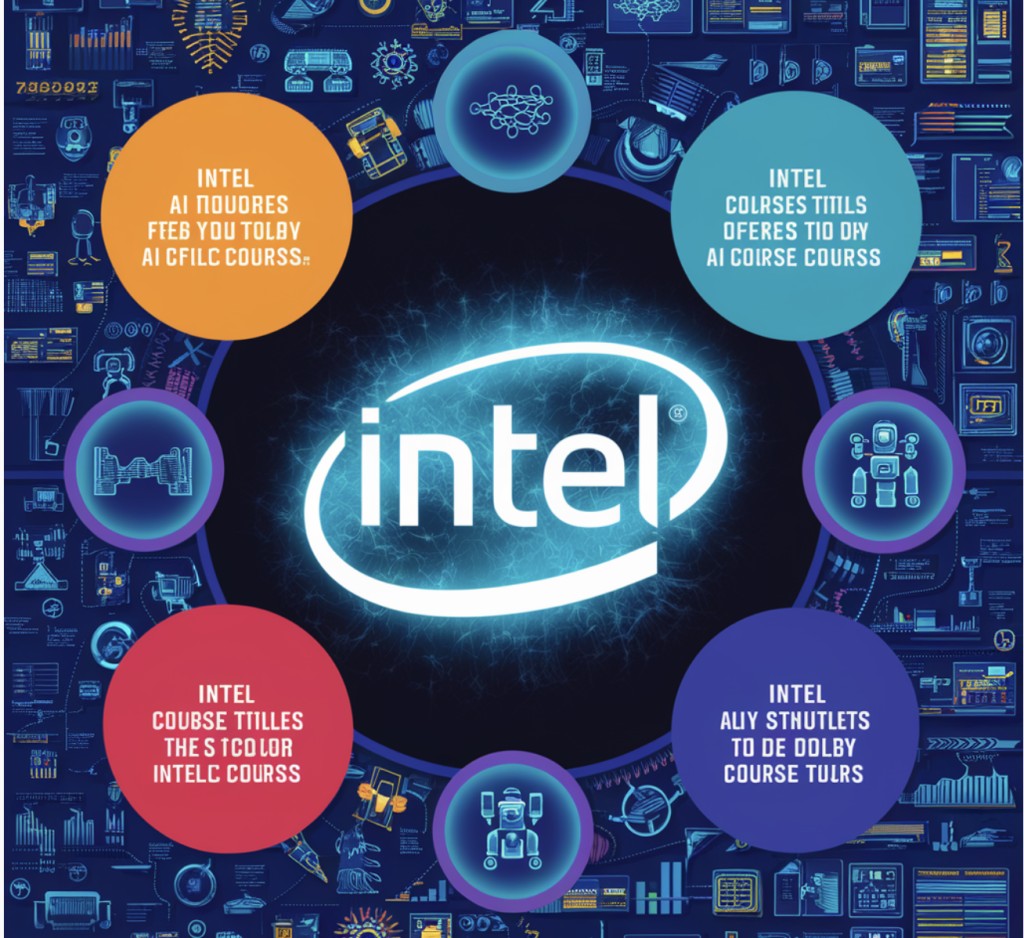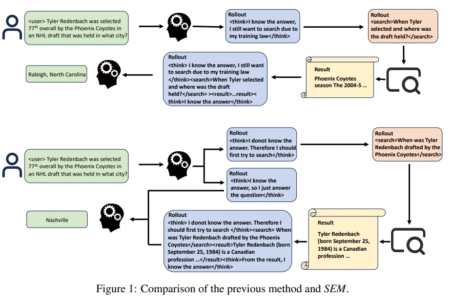With its cutting-edge hardware and toolkits, Intel has been at the forefront of AI advancements. Its AI courses offer hands-on training for real-world applications, enabling learners to effectively use Intel’s portfolio in deep learning, computer vision, and more. This article lists top Intel AI courses, including those on deep learning, NLP, time-series analysis, anomaly detection, robotics, and edge AI deployment, providing a comprehensive learning path for leveraging Intel’s AI technologies.
Introduction to Machine Learning
This course covers machine learning basics, including problem-solving, model building, and key algorithms. By the end, students will understand supervised learning, under and over-fitting, regularization, cross-validation, and model tuning.
Introduction to AI
This course introduces AI to developers, students, and professionals, focusing on its history, applications, and importance in various industries. It covers AI fundamentals, including supervised learning and deep learning basics, without complex math. The course spans eight weeks, with lectures and Python exercises.
Intel AI Fundamentals Specialization
This course teaches the basics of AI to help you recommend and sell AI solutions, covering what AI is, its current relevance, and the typical AI journey. You’ll learn how to start AI conversations with various personas and gain insights into selling the Intel AI portfolio through representative case studies applicable across industries.
Deep Learning
This course introduces deep learning and covers its techniques, terminology, and fundamental neural network architectures. Students will learn to build, train, and apply models, including using pretrained models for optimal results.
Applied Deep Learning with TensorFlow
This course covers building models with TensorFlow, including basics like linear regression and gradient descent and techniques like normalization and minibatching. It also explores CNNs, TFRecord, and transfer learning. By the end, students will understand network construction, kernels, and expanding networks using transfer learning.
Natural Language Processing
This course covers natural language processing (NLP), which includes text manipulation, generation, and topic modeling. Students will learn string preprocessing techniques and applying machine-learning algorithms for text classification and other language tasks.
Anomaly Detection
This course teaches how to use statistics and machine learning for anomaly detection, covering theory and methods from basic to advanced levels. Students will learn to derive detection models, handle various data types, and implement models using Python labs.
Time-Series Analysis
This course covers time-series analysis, including data smoothing, ARIMA models, Kalman filters, and Fourier transformations. It also explores deep learning methods for sequential data. By the end, students will understand time-series theory, key concepts like filters and signal transformations, and how to apply these techniques using Python.
Deep Learning for Robotics
This course teaches applying machine learning to robotics. It covers neural networks, LSTM, and reinforcement learning, focusing on obstacle detection, model training, and using simulations. Students will learn to build deep learning systems with PyTorch.
AI on the PC
This course teaches using Intel hardware and software for AI on PCs, focusing on deep learning inference on edge devices. Students will learn to use Windows* Machine Learning, the Intel Distribution for OpenVINO toolkit, and deep learning frameworks like TensorFlow and ONNX.
AI on the Edge with Computer Vision
This course teaches using the Intel Neural Compute Stick 2 (Intel NCS2) for low-power deep learning on edge devices. Students will learn to install and configure the OpenVINO toolkit, create computer vision applications in Python, analyze model performance, and deploy models on the Intel NCS2 and Raspberry Pi.
Deep Learning Inference with Intel FPGAs
This course covers deploying and accelerating deep-learning computer vision applications on CPUs and FPGAs. Students will learn about convolutional neural networks, FPGA advantages, and using Docker and Kubernetes for scaling. By the end, they will understand how to build CNN-based applications, use the Intel FPGA Deep Learning Acceleration Suite, and target inference on Intel CPUs and FPGAs with the OpenVINO toolkit.
We make a small profit from purchases made via referral/affiliate links attached to each course mentioned in the above list.
If you want to suggest any course that we missed from this list, then please email us at asif@marktechpost.com
The post Top AI Courses Offered by Intel appeared first on MarkTechPost.
Source: Read MoreÂ



